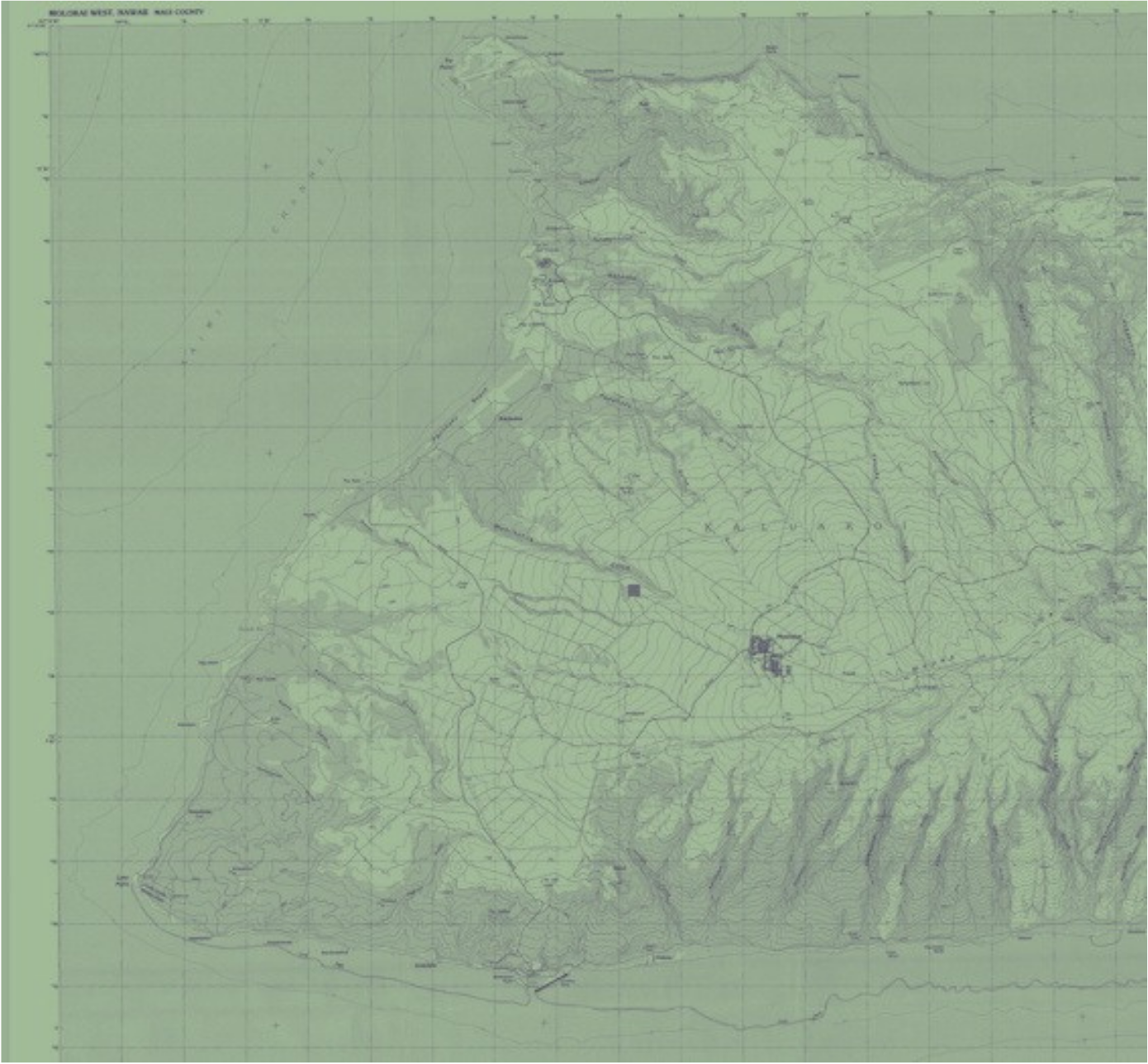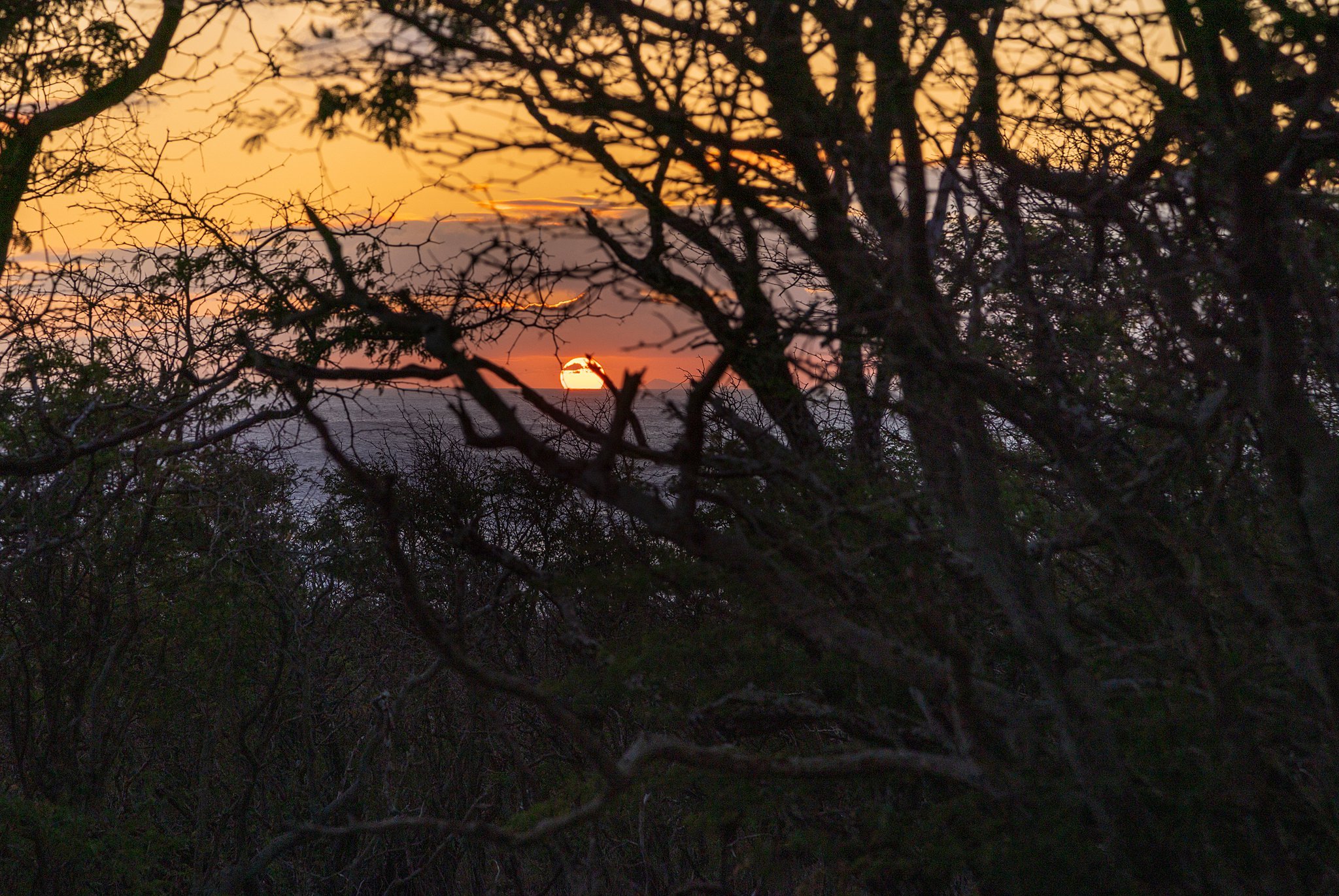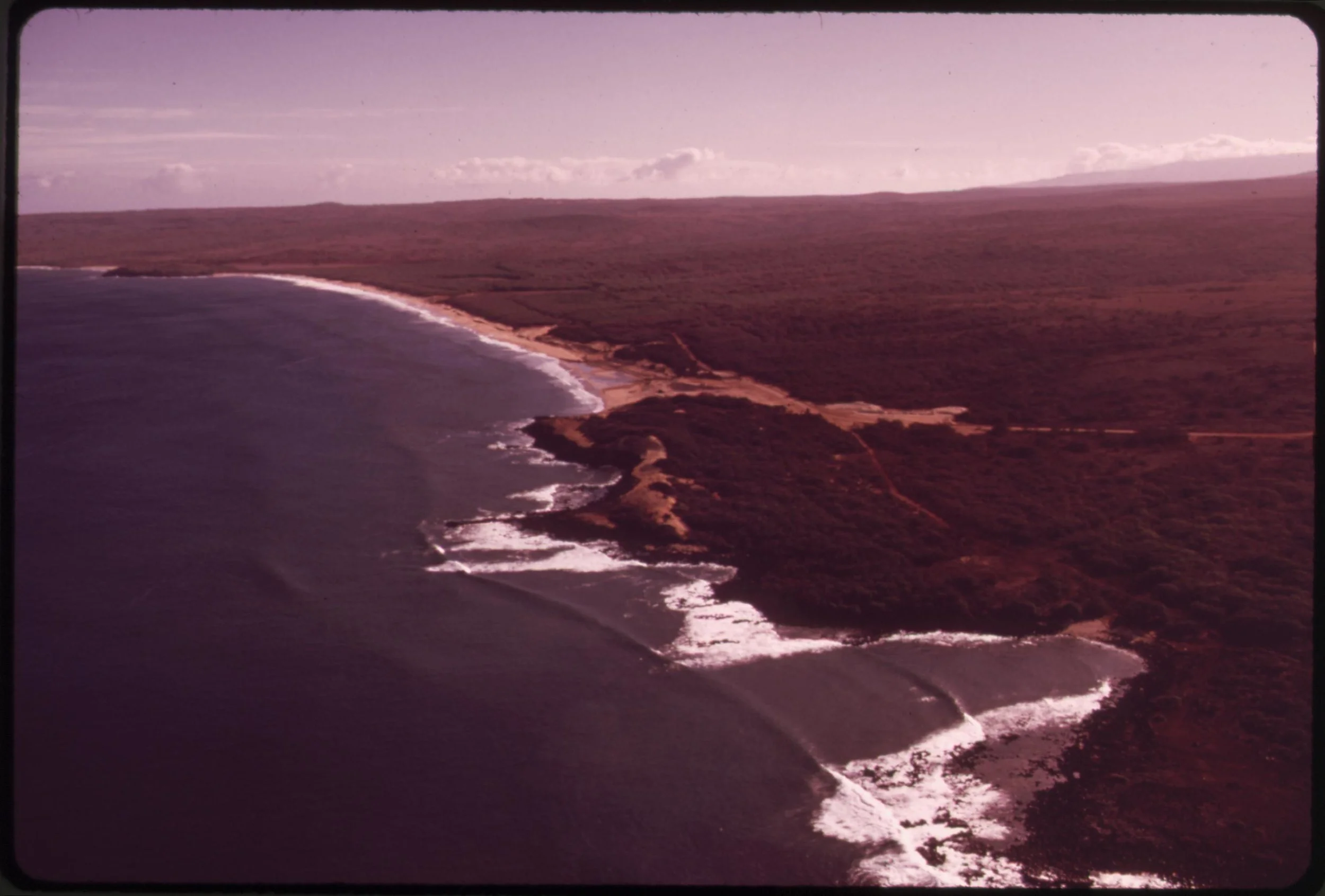ʻĀina is no small legacy.
COMMUNITY-LED, COMMUNITY DRIVEN LAND BACK MISSION
YOU HAVE THE POWER TO MAKE A DIFFERENCE

What is the Molokai Heritage Trust?
The Molokai Heritage Trust is not a new idea. It is as old as the first prayer uttered to protect Molokai. The Trust’s purpose is to help our people achieve what this island has called on us to do for generations—mālama this land and its people to create ʻāina momona. We exist as we are because kūpuna both living and passed protected this ʻāina and our ways. They acted with intentionality so that we could enjoy it as they did. Today we are taking our place in this legacy of aloha ʻāina by organizing to buy back Molokai Ranch and other lands on Molokai to keep Molokaʻi, Molokaʻi forever.
Get Involved
Join the movement to return land to community hands.
Click an option to learn more.
Become a Member
Help guide decisions, vote on leadership, and carry this kuleana forward.
Volunteer Your Skills
From logistics to land care—every talent is needed.
Attend a Public Meeting
Your voice matters. Pull up a chair, bring your manaʻo
Support the Movement
This is not a short campaign. It’s a long journey—one that requires time, energy, and resources.
Secure legal and financial guidance
Support community planning and facilitation
Build capacity for stewardship of ʻāina
Your donation helps us…
Every dollar helps keep this work in the hands of our people.
In The News

UPCOMING EVENTS
UPCOMING EVENTS
Date: To be determined by the elected Board at the Annual Membership Meeting
Location: Molokai Heritage Trust Office (between Hōʻala Cafe and The Storehouse) and on Zoom.
Time: TBA
Regular Board Meeting
Date: To be determined by the elected Board at the Annual Membership Meeting
Location: Molokai Heritage Trust Office (between Hōʻala Cafe and The Storehouse) and on Zoom.
Time: TBA
Annual Membership Meeting
Date: September 20, 2025
Location: Molokai Heritage Trust Office (between Hōʻala Cafe and The Storehouse) and on Zoom.
Time: 8:00 AM - 2:00 PM
Regular Board Meeting
MOLOKAʻI IS OUR KULEANA
We are not waiting for permission.
We are reclaiming, restoring, and reimagining—together.











